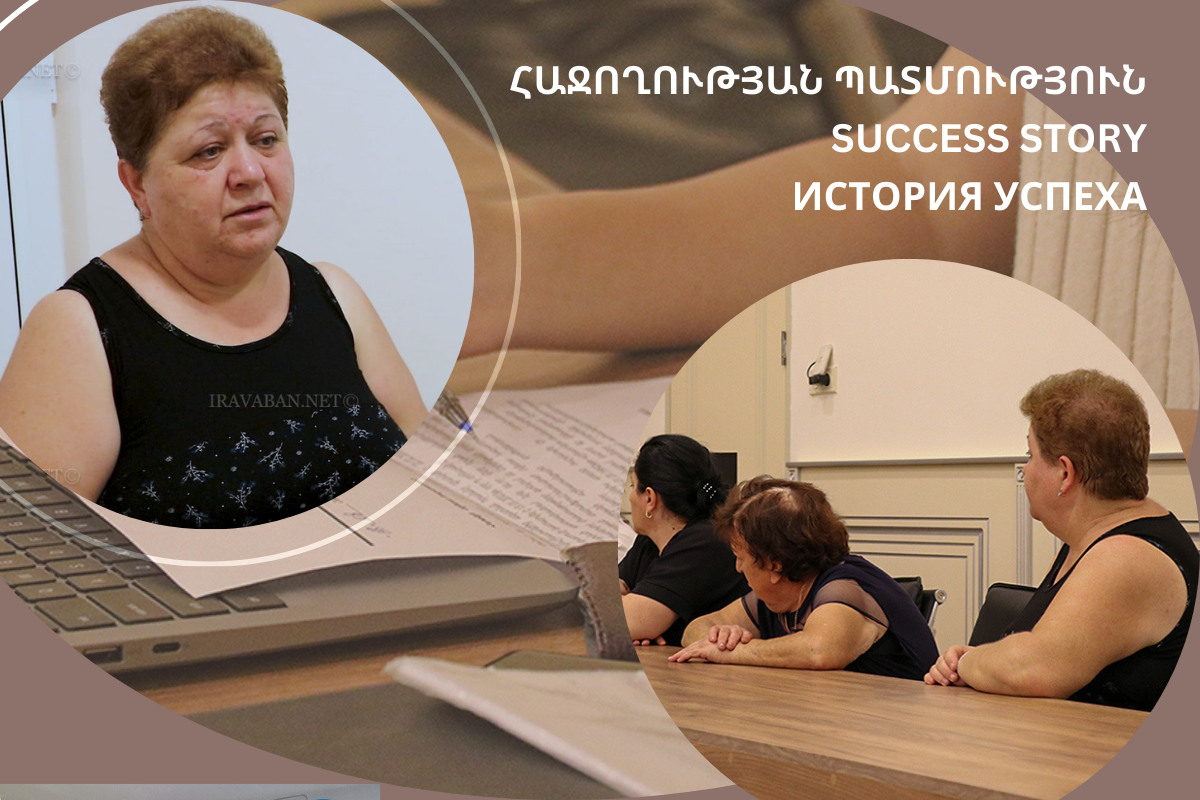A Success Story of Legal Assistance: How ALA Helped Restore the Birth Certificate of a Displaced Person from Artsakh

After the September 2023 events, many citizens forcibly displaced from Artsakh faced several problems, among which documentation issues held a special place. As a result of displacement, many had lost their personal documents, others had documents that didn’t meet RA legislative requirements, and some had left their documents in Artsakh.
This situation had become particularly complicated regarding fundamental documents, especially birth certificates. The absence of this document not only hindered the process of obtaining new documents but also limited the possibility of exercising several fundamental rights.
Zhanna Grigoryan faced such a problem, whose birth certificate remained in Artsakh and couldn’t be restored through regular procedures. Initial attempts to solve the problem independently through state bodies had been unsuccessful. The Civil Registry Agency had refused to issue the certificate, citing the absence of basic documents. The situation was further complicated by the fact that Artsakh’s Civil Registry archives had only been partially transferred to Armenia, and many documents were missing.
During a community visit organized within the framework of ALA’s “Strengthening Protection Mechanisms for the Rights of Forcibly Displaced Persons from Nagorno-Karabakh” program, Zhanna Grigoryan approached the organization hoping to receive support in solving her problem.
Without a birth certificate, I couldn’t even obtain a refugee certificate,” says Zhanna Grigoryan. “Every time I tried to obtain any document, they would demand a birth certificate. It had become a real deadlock.”
ALA lawyers, after studying Zhanna Grigoryan’s case, gathered the necessary documents, including her parents’ documents and her sister’s birth certificate. They prepared a well-founded application to the Civil Registry Agency.
Initially, the Civil Registry Agency had rejected the application, citing the absence of basic documents, but thanks to additional documents and legally sound argumentation presented by ALA, they managed to receive a positive decision.
“The effectiveness of our work is based on a systematic approach,” explain ALA lawyers. “We not only help specific individuals but also create precedents that can be useful for other citizens facing similar problems.”
The successful resolution of Zhanna Grigoryan’s problem also shows how civil society organizations can serve as an effective bridge between citizens and state bodies, contributing to the improvement of administration and protection of citizens’ rights.
ALA continues its mission by providing support to persons displaced from Artsakh in restoring their rights.